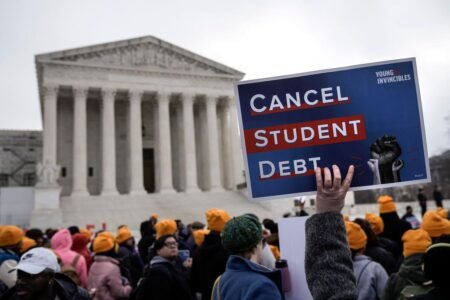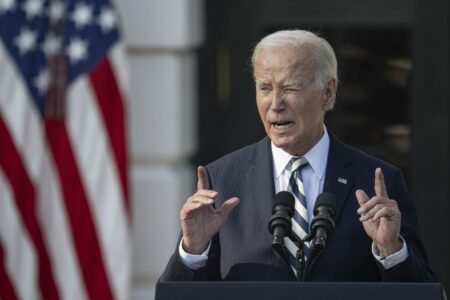A new analysis by the Tax Policy Center has examined proposals by both Donald Trump and Kamala Harris to exempt gratuities from federal income tax. The findings reveal that only a small percentage of all employees and fewer than 60 percent of tipped workers would benefit from this proposed tax break. The analysis estimates that only about 2 percent of households would receive a tax cut if tips were tax-free, with a slightly higher percentage benefiting if the tax break was limited to households with adjusted gross income of $75,000 or less.
If tips were exempt from both income and payroll tax without any eligibility restrictions, around 3.3 percent of households would see an increase in take-home pay. However, this would mean that these workers would not contribute to Social Security and Medicare, resulting in lower or no benefits from these programs in old age.
The Tax Policy Center projects a significant revenue loss for the government if gratuities were exempt from taxes. Exempting tips from income tax alone would result in a $6.5 billion reduction in federal revenue in 2025, while capping the benefit at $75,000 or less would limit the loss to $3.2 billion. Exempting both income and payroll tax for all tips would increase the cost to $13.5 billion in 2025.
Moreover, even among tipped workers, the benefits of these tax proposals would be limited. Only around 60 percent of households with tipped workers would benefit from deducting tips from taxable income, with an average tax cut of about $1,800. Limiting the tax break to those making $75,000 or less would reduce the number of households benefiting to approximately 46 percent, with an average tax cut of $1,150.
The analysis also highlights the potential impact on different income groups. Lower-income tipped workers, who already pay minimal income tax due to their low earnings, would see little to no benefit from these proposed tax breaks. Middle-income households, making between $63,000 and $113,000, would be the biggest beneficiaries, with their after-tax income projected to rise by about 2.8 percent if they could deduct their tips from taxable income.
While the specific details of the proposals by Trump and Harris are still unclear, the Tax Policy Center has modeled stylized versions of the tax deductions. These modeling exercises show that the tax breaks would not be relevant to the majority of households and many tipped workers. The analysis did not consider the effects on independent contractors or teenagers claimed as dependents on tax returns, or the potential for workers to shift from wages to tips to benefit from the tax exemption.












